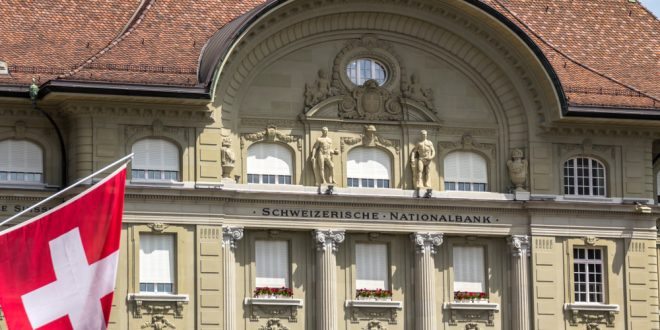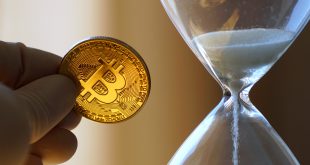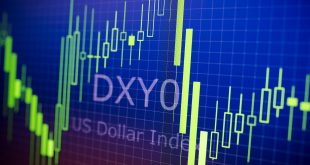It is typically a central bank-heavy week, with the US Fed having hiked interest rate by 75 points to bring inflation under control. For the Swiss National Bank, inflation is also its biggest problem. The inflation rate is running at its hottest levels since 2008.
Ongoing geopolitical uncertainty and higher food and energy costs are just some factors that could influence the SNB’s rate decision on Thursday as growth could weaken further if Russian gas supplies remain suspended.
“It’s time for the Swiss National Bank to raise interest rates”, SNB President Thomas Jordan was told by his former academic supervisor on the eve of a decision where investors are speculating, he might do just that. The advice was delivered by Ernst Baltensperger, a professor at the University of Bern, in an opinion piece in the Neue Zuercher Zeitung published on Wednesday.
Citibank says it expects the Swiss National Bank to hike its key rate by 25 basis points when it meets next week. Swiss inflation rose in May by the most in nearly 14 years and some policymakers have sounded a more hawkish note recently.
“We expect the SNB to hike its policy rate by 25bp to -0.5% on 16 June and exit negative territory by the end-2022,” the US bank said. The governing board faces an almost impossible decision after six and a half years without changing interest rates. Being too soon or too late.
This downgrade is a precursor to its decision to leave interest rates unchanged. The Swiss central bank is still under pressure to join its peers in normalizing monetary policy. Britain and Sweden, too, will likely lift interest rates again, while Switzerland may be getting ready to join the rate-hike club. In contrast, the Bank of Japan should confirm its ultra-dovish stance remains solid.
Switzerland has caught the inflation bug, having seen prices rise in May by the most in nearly 14 years. It could mean the days of deeply negative rates are numbered. The Swiss National Bank may not make a change to its -0.75% interest rate, which is the world’s lowest, at its Thursday meeting. But price pressures and the prospect of the ECB hiking rates in July are persuading some SNB policymakers to change their dovish stance.
Franc strength has dampened inflation somewhat and the SNB has toned down franc selling. Still, it may join the rate-hike club soon, having watched such dovish peers as Sweden’s Riksbank make policy U-turns.
Last week, the unexpectedly high US inflation of 8.6 percent in May prompted very significant dislocations in the financial markets. Investors ostensibly fear that the worst inflation number seen in 40 years will unavoidably prompt much larger increases in interest rates – and lead directly to a recession.
On Thursday it will be the SNB’s turn to make its decision on interest rates. Domestically, economists agree on two things. The central bank does now have the scope to do something earlier than had been originally expected. But they won’t be taking the first step before September. Interest rates have been unchanged since January 2015.
UBS’s team of economists predicts that the SNB will raise rates by 50 basis points in September and another 25 basis points in December. That means that the era of negative interest rates should come to a full stop at the end of the year. But experts also maintain the level of uncertainty will remain high. The Ukraine war could escalate, there could be a gas embargo, a European-wide recession, and further market turbulence. All these could change the ECB’s policies massively.
There is little point in raising interest rates prematurely in Switzerland given the domestic inflation rate is far lower than it is in surrounding countries.
Economists at other banks point to the low Swiss inflation rate and also infer a first increase in interest rates in September. Inflation was 2.9 percent in May and the SNB follows a medium-term target to keep prices stable by managing inflation in a band between zero and 2 percent.

 Noor Trends News, Technical Analysis, Educational Tools and Recommendations
Noor Trends News, Technical Analysis, Educational Tools and Recommendations




